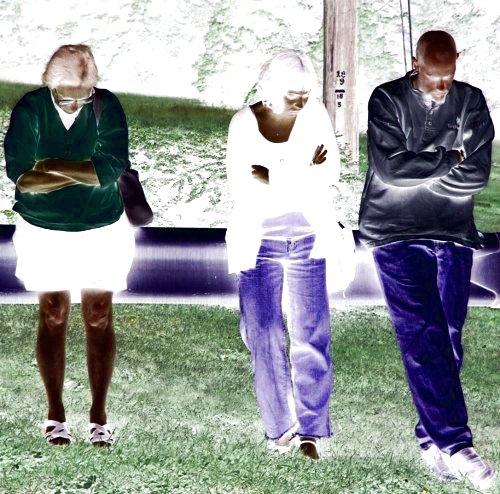Of Accuracy & Story-Telling
Today, accuracy and story-telling. The University of Houston's College of Engineering presents this series about the machines that make our civilization run, and the people whose ingenuity created them.
I had a remarkable two-day adventure last week. As I sifted it out, it took the form of a four-act play.
Act I, Prelude: [Wednesday afternoon and evening] I listened to, and talked with, two great writers: memoirist Patricia Hampl and poet Adam Zagajewski. They discussed the problem they faced in writing about their own past. Each was dedicated to truthfulness; each was also completely aware that fact became distorted in the lens of recollection. They rightly concluded that truthfulness is a matter of meaning as much as of history. As they spoke, a line by poet Jack Gilbert echoed in my head. Gilbert had written,
Poetry is a kind of lying ... [for] the truth may be told only so.
On to Act II, Development: [Noon, Thursday] Megan Cole, whose performance in the play Wit led to a Pulitzer Prize, spoke about the stage play in relation to its TV version. Cole was deeply respectful of Oscar-winner Emma Thompson's performance on TV.
But she showed us exactly how the TV version had told an entirely different story in almost exactly the same words. The mere turning of the actor's body -- the minor modulation of a phrase -- resulted in two utterly different truths being revealed. I was left to mull that over during another event the same evening.
Act III, Interlude: [Engineering banquet at NASA] I speak with engineers, writers, astronauts, managers, and a high-school senior with her cap set on space flight. Each reacts differently to NASA's struggle with political, economic, and physical peril. Each speaks of dreams, frustration, hope. All are literally struggling to create humankind's future. And they give me an astonishing kaleidoscope of response to the same set of facts.
Finally, Act IV: Resolution: [Friday night] My wife and I turn to the TV for some mindless comedy. But we unwittingly get the astonishing movie American Splendor -- story of the nerdish cartoon-writer Harvey Peckar. Actors are mixed in with the people they portray to interweave reality with the telling of it.
It's about how the sour Peckar makes himself the subject of an ongoing comic-book autobiography. The pages about his terrible struggle with cancer are uncomfortably reminiscent of the play Wit. For, through autobiography, Peckar almost unwittingly, brings his badly-lived and fractious life into perspective. Autobiography transcends the elements of Peckar's life, to create redemption.
So a strange movie draws my four events into focus -- makes sense of the struggle between truth and story, memoir and imagination. Film critic Roger Ebert wrote this about American Splendor,
The comics are true, deep and funny precisely because they see that we are all superheroes doing daily battle against twisted and perverted villains. We have secret powers others do not suspect.
Well, of course we do. There is magic and redemptive power in the process of carefully framing and telling our own story. How else will we ever arrive at the truth that hovers just beyond the facts?
I'm John Lienhard, at the University of Houston, where we're interested in the way inventive minds work.
Gilbert's poem, "Poetry is a Kind of Lying" may be read in its entirety at: http://plagiarist.com/poetry/?wid=9128
Megan Cole's performance in Margaret Edson's play Wit

Autobiography (image by John Lienhard)